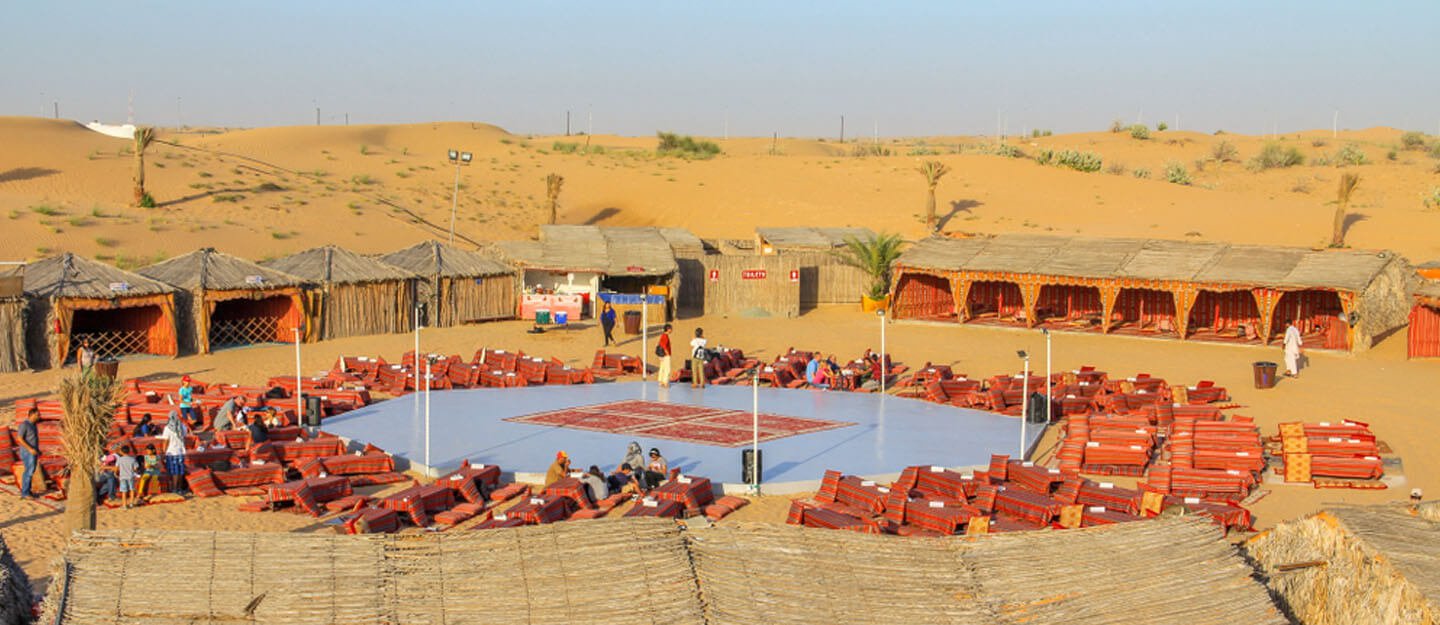
Ultimate Adventure with Our Desert Safari Dubai Packages
Dubai, a city synonymous with luxury, innovation, and breathtaking landscapes, offers an array of experiences for travelers. Among these, the

The Desert Safari Industry is one of the most important sectors in Dubai’s tourism scene. Everyone around the world dreams of embarking on an adventure to the Arabian Desert to experience its wonderful beauty. Although it provides an enjoyable adventure and cultural insights, the industry is committed to sustainability. Safari Travel Agents in Dubai utilizes eco-friendly measures to ensure that its products are sustainable for future generations. The following blog elucidates the innovative sustainable practices in the desert safari industry in Dubai.
The industry has long had few qualms about the two main parties — the desert itself and the roaring, polluting 4x4s used to explore its vast expanses. More eco-friendly forms of transportation are progressively supplanting the gas-guzzlers. Some safari businesses have begun to spend on renewable vehicles with low power and gas consumption. Some businesses have invested in electric and hybrid vehicles, which have substantially less harm on where they work. The transformation can also be used to show a broader drive to lower greenhouse gas discharge in the safari industry and promote responsible transportation.
The establishments that have sprung up in the desert have generally refurbished this state, and most of them have implemented effective waste management solutions. These days, most major safari operations have implemented solid waste management and reduction techniques. They provide separate collections, and tourists are persuaded to bring as little waste as possible. Many businesses prefer not to leave any footprints, requiring all waste to be detached and correctly disposed of or even recycled. This guarantees that the desert remains deserted and raises consciousness about the importance of disposing of waste responsibly.

In the desert, water is a valuable resource, and its preservation is another significant issue related to sustainable practices in the safari industry. Safari Travel Agents increasingly pay attention to water consumption and reduce its use in various ways. KJ, bj
Most of the desert safari companies are also actively participating in conservation projects to save Auron from being extinct. Each of these projects could focus on the protection of endangered species, revegetation, or biodiversity monitoring.
Sustainable tourism is a growing element of the desert safaris in Dubai, protecting its fragile environment. And ensuring that trips planned today will be enjoyable for generations to come. These initiatives are anything from eco-friendly vehicles and the best waste management. To water conservation and making sure that the local community gets supported – real responsible tourism in action. Those who select operators that place eco-friendly practices at the heart of their operations will be able. Enjoy a desert safari with peace of mind. Knowing they are doing what they can to conserve this unique environment for generations. Innovation and ongoing initiatives have made Dubai a pioneer in sustainable tourism for desert landscapes on an international scale.

Dubai, a city synonymous with luxury, innovation, and breathtaking landscapes, offers an array of experiences for travelers. Among these, the

Dubai, known for its modern skyline and luxurious lifestyle, also boasts one of the most magnificent natural landscapes in the